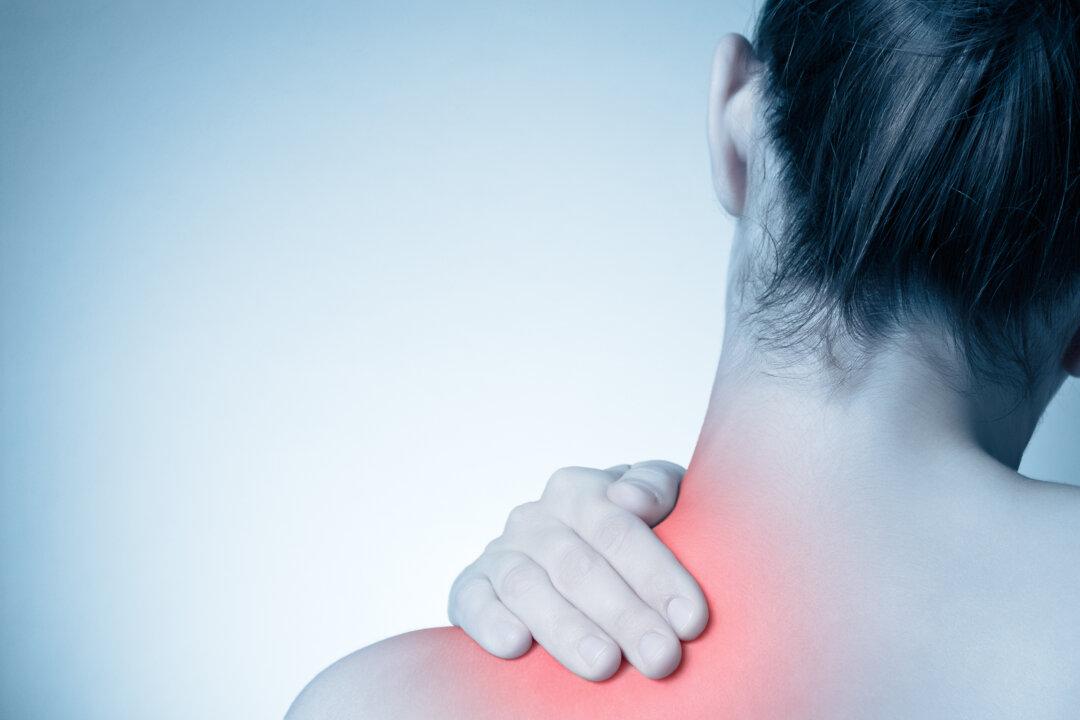Osteoporosis is often considered a silent disease because it progresses without symptoms until a fracture occurs. Most women are aware that their risk of osteoporosis increases after menopause, and many choose to take the necessary steps—via diet, supplements and exercise—to prevent fractures from occurring. However, what women may not know is that their husbands, fathers, and brothers should also be concerned about bone health.
Statistics from the National Osteoporosis Foundation suggest that osteoporosis poses a significant threat to millions of women in the U.S.—and millions of men, too. Fortunately for both, bone health is strongly influenced by nutrition and lifestyle, and there are healthy behaviors that can help to prevent osteoporosis.1
Osteoporotic fractures do occur more frequently in women than men. However one-third of all hip fractures occur in men, and the consequences of fractures are more severe for men than for women. Men are almost twice as likely as women to die during hospitalization following a hip fracture, and loss of independence after a hip fracture is far more common in men than women.
Hormonal changes that occur with age can affect bone health. In women, it is known that the decline in estrogen that occurs with menopause contributes to bone loss. Although testosterone is the predominant sex hormone in men, men also produce estrogen. Estradiol, one form of estrogen, is formed when testosterone is metabolized; both estradiol and testosterone contribute to male bone health. Levels of testosterone and estradiol decline in men with aging, resulting in decreased bone building and increased bone breakdown. Because of the hormonal influences on bone health, men who are being treated for prostate cancer with androgen deprivation therapy may be at increased risk of osteoporosis.
What can men do to protect their bones?
Bone health is strongly influenced by diet and lifestyle. The behaviors that help to prevent osteoporosis are the same for men and women: increasing muscle strength with weight-bearing exercise, maintaining adequate vitamin D levels, and following a Nutritarian diet rich in green vegetables, beans and seeds. To learn more, read this article about preventing osteoporosis with exercise and superior nutrition. So being fit and having excellent nutrition is not just the right thing for your heart, brain and your prostate; your bones benefit too.
This article was originally published on www.drfuhrman.com. Read the original here.
*Image of “senior gentleman“ via Shutterstock






